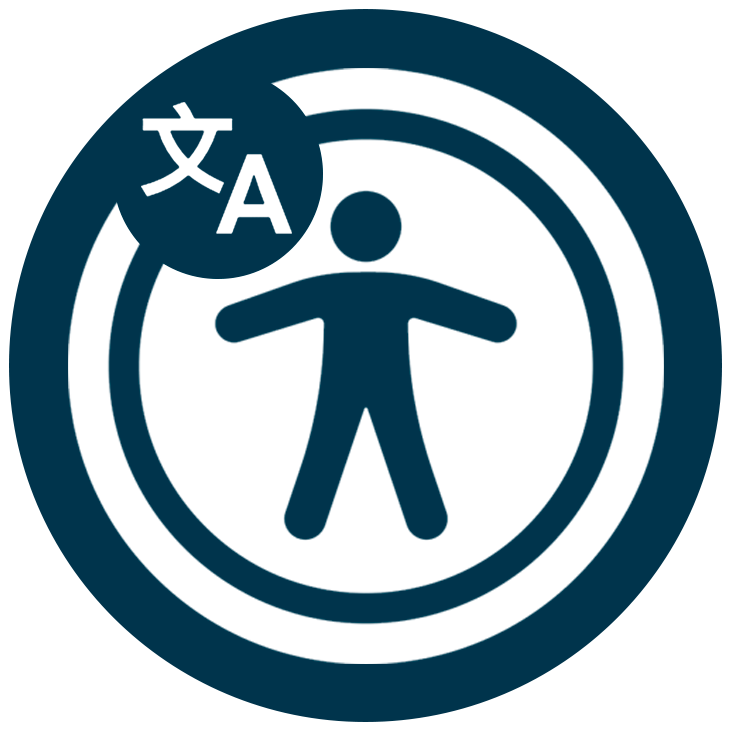International Stammering Day, on 22nd October, is a global event aimed at promoting greater understanding of stammering (or stuttering) and providing support for those who live with the condition. Each year, stammering associations, individuals, and groups from around the world come together to organise events, share personal experiences, and educate the public about this often-misunderstood speech disorder.
What is Stammering?
Stammering is a speech disorder that affects the fluency and flow of speech. It can manifest as:
- Repetitions of sounds, syllables, or words
- Prolongations of certain sounds
- Blocks, where the person struggles to make any sound for a brief moment
Although stammering can affect anyone, it often begins in early childhood, and for some, it persists into adulthood. While around 8% of children stammer at some point, about 1% of adults live with long-term stammering. The condition can be frustrating and sometimes impact a person’s self-confidence, social interactions, and professional life.
The Importance of International Stammering Day
This day is vital for increasing understanding of stammering and dispelling common myths. For example, many mistakenly believe that stammering is linked to anxiety or lack of confidence, but it is actually a neurological condition. Raising awareness helps reduce the stigma surrounding stammering and encourages a more supportive and accepting environment for people who stammer.
How You Can Get Involved
There are many ways to support International Stammering Day and help promote understanding of stammering:
- Participate in Local Events
Many stammering associations and support groups organise events such as workshops, public talks, and seminars. These events provide opportunities to learn more about stammering and hear personal stories from people who live with it. Check local listings for events happening near you, or participate in online sessions to join the global conversation. - Raise Awareness Through Social Media
Social media is a powerful tool for spreading information. Share posts, videos, and infographics that highlight facts about stammering, helping educate your followers. Use hashtags like #InternationalStammeringDay or #StammeringSupport to help raise visibility and encourage others to get involved. - Support Stammering Organisations
Associations like the British Stammering Association (BSA) offer resources, support, and advocacy for individuals who stammer. You can get involved by volunteering, donating, or sharing their resources within your community. Supporting these organisations helps provide access to services such as speech therapy and peer support groups. - Encourage Open Dialogue
One of the best ways to show support is by fostering an inclusive environment where individuals feel comfortable talking about their experiences with stammering. Whether at home, in the workplace, or in social settings, encouraging open and respectful conversations helps reduce the stigma that people who stammer often face. - Promote Stammer-Friendly Environments
In professional and educational settings, simple accommodations can make a big difference. Allowing individuals more time to speak, being patient during conversations, and avoiding interruptions can help create a more supportive environment for people who stammer.
A Global Movement for Understanding
International Stammering Day serves as an essential reminder that stammering is not something to be ashamed of. By promoting understanding, we can help those who stammer feel more confident and empowered to express themselves. With the support of organisations, communities, and individuals, this day shines a light on the importance of acceptance and the need for continued advocacy.
For more information and to learn how to get involved, visit your local stammering association or the British Stammering Association online. By participating in International Stammering Day, we can create a more inclusive world for everyone.











